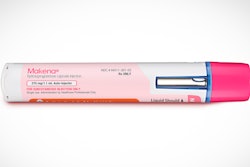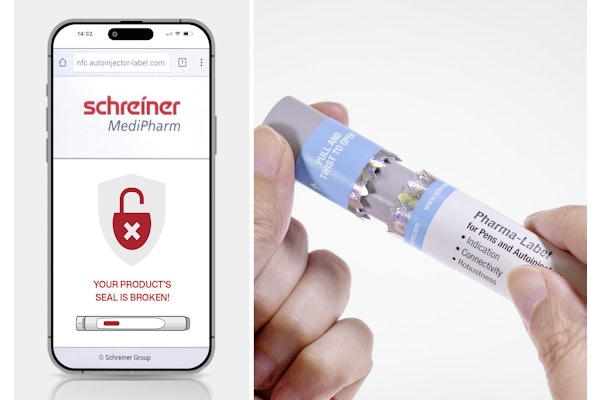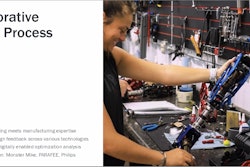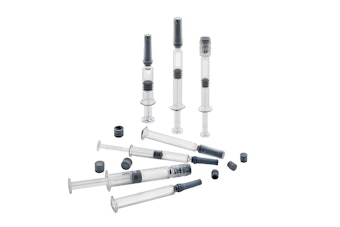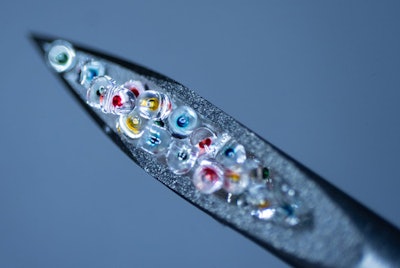
Rice
UCLA researchers have developed a new approach for drug delivery using tiny cylinders that can release drugs in a controlled manner over time. According to a recent Medgadget article, the "nanocylinders" are made of a biocompatible polymer and are less than one micrometer in diameter, making them smaller than many human cells. They can be loaded with drugs and then injected into the body, where they slowly release the drug over a period of days to weeks. The team believes this approach could be used to deliver drugs to specific sites in the body or provide a steady dose of medication over an extended period of time.





